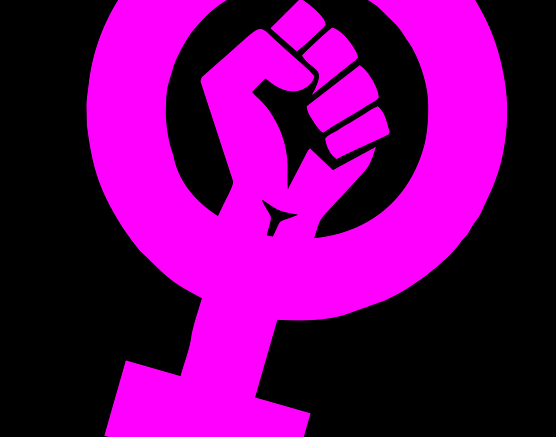Words: Stella Akinwumi | Subbing: Demi Bailey-Paul
Me Too. Two words which have turned into a viral trend on social media. These two words have given women and men confidence identifying themselves as victims of sexual assault and harassment.
This viral thread was started in the wake of the sexual allegations made against Hollywood film producer Harvey Weinstein. Now, like the majority of social campaigns we see controversy is always inevitable. Whilst ‘me too’ movement brought people together, I feel like Ruth Graham, a regular ‘Slate’ contributor said it best: “The #MeToo’ moment is liberating, dispiriting, and uncomfortable all at once.”
Now, let me explain how discomfort fits in with this. There has been a significant amount of people, women especially, who have shared their experience on Facebook, Instagram and Twitter Whether it’s been two lines or two paragraphs, everyone has had something to share. “I don’t owe anyone my story, but I feel the need to share for those who have felt the same way and to make a change. You are not alone. #MeToo” this was a comment made by a twitter user.
#MeToo is centered around sexual harassment, and the intention was to portray how, dare I say, ‘common’ this experience is among women. This hashtag is successfully exposing the scale of sexual abuse, as male victims are also coming forward. However, this is where double standards come in. “Not all women are victims. Not all men are guilty of assault.” A statement published on the online article, ‘The National Review’. Whilst the #MeToo trend has brought people together, it seems that the divide between men and women has been emphasised. Perpetrators can be any identity, age or sexual orientation, so why doesn’t society talk more about male victims.
If you’ve been sexually harassed or assaulted write ‘me too’ as a reply to this tweet. pic.twitter.com/k2oeCiUf9n
— Alyssa Milano (@Alyssa_Milano) October 15, 2017
Actress Alyssa Milano started the hashtag as a call to action, encouraging women to speak out. Stars including Lady Gaga, Gabrielle Union and Selma Blair are among the women who have used the tag. Some people have even gone to extreme lengths by naming and shaming their attackers.
However, Tarana Burke, activist and former founder of the #MeToo campaign, started this ten years ago. This campaign was aimed towards particularly women of colour in the year 2007 but it seems white actresses who spoke out about Weinstein’s sexual predation are now pushing the movement further.
Is the scale of abuse rooted in the foundations of our society? Does the larger problem of violence in general still exist? Whilst the information on Tarana Burke is important, is it relevant to what the movement represents? With over 12 million participants involved, this proves that this isn’t just about raising awareness, it’s about voices finally being heard.

